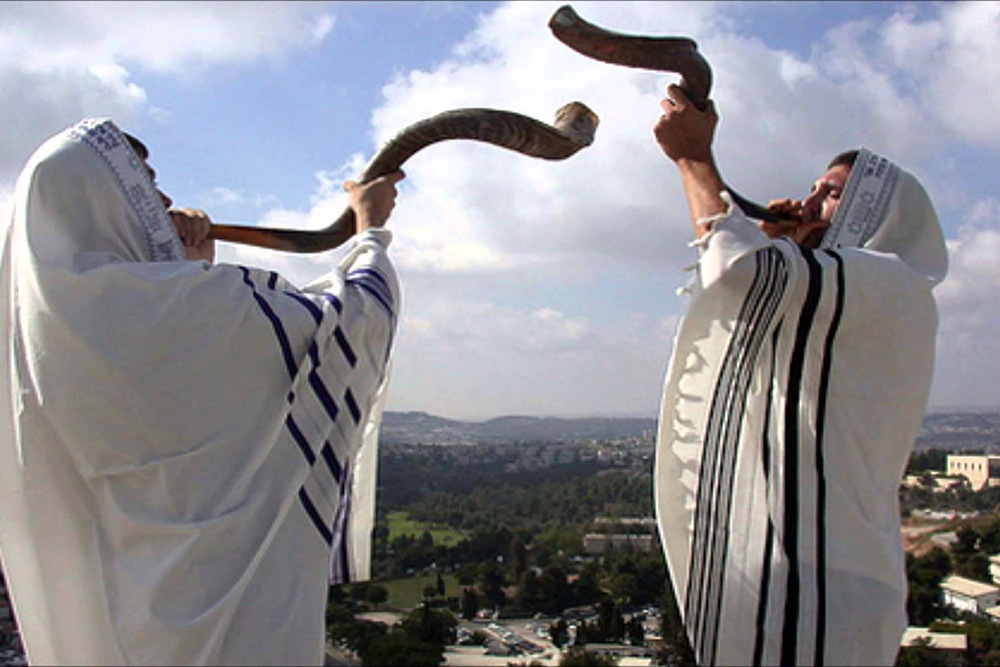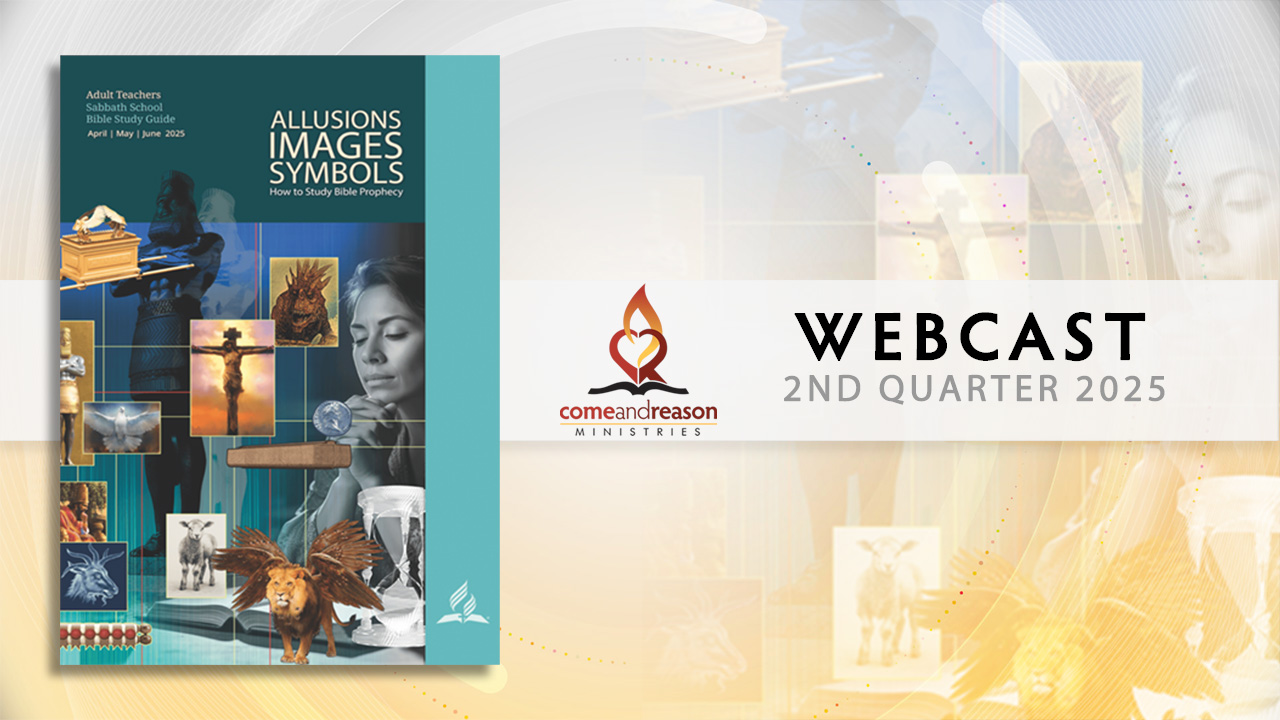It is the holiday season and I just received this email about Bible holy-days (holidays):
I recently watched the “God and your brain” seminar DVD. It was very informative and I want to thank you for putting together such insightful information. During the seminar the topic of God’s Law came up, and I’m wondering if you could clarify your thoughts on whether Christians should observe the 7th day Sabbath, and the Feasts (Passover, ULB, shavuot, tabernacles, etc.). Thank you in advance for sharing your thoughts.
Thank you for your question.
I separate the Sabbath, which began in Eden, from the Feast Days, which began 2,500 years later at Sinai.
My understanding of the instructions to Israel, regarding their annual festivals and sanctuary service, is that it was a grand play, a theater, a drama, with costumes, stage, props, and a script (Torah); all designed of God to enact the greater reality of the plan of salvation. The annual feast days were basically a yearly progression from the entrance of sin into the world, through the history of God’s work to heal and save and the ultimate elimination of sin and the restoration of the universe into unity with God again.
Here is a brief overview of their symbolic meaning:
Passover:
As soon as man fell into sin God passed over their sins. Romans 3:25 He left the sins committed before hand unpunished. This feast had ultimate fulfillment in Christ—the Passover Lamb. Thus the time from Adam’s sin until Christ’s death on the Cross is all represented in the Passover Feast.
Unleavened Bread:
This feast began immediately with the Passover, and symbolizes that God immediately began dispensing truth unmixed with error to nurture and feed his children. The lamb slain and the bread without yeast both represent Christ, the source of truth and healing for sinful man.
The Passover meal was eaten before the actual death angel came, which symbolizes that God had predetermined to “Passover” our transgression and provide a Remedy to our condition. Jesus is the Lamb slain from the foundation of the world (Rev 13:8). Jesus was also the member of the Godhead through which creation occurred (Col 1:16) and Jesus has always been the source of the truth about God and this truth was being revealed to Adam and Eve before they fell into sin, as well as afterward.
Thus the Feast of Unleavened bread symbolized the internalization of the truth about God as provided by Christ.
The wave sheaf, which was part of this ceremony, was also symbolic of Christ—the first fruits raised from the dead. Just as the wheat is buried in the ground and dies and comes forth in newness of life, so too Christ was buried in the ground and came forth in newness of life!
Feast of Weeks (Pentecost):
The truth spreads and takes root in many hearts and a harvest is experienced. This was fulfilled during Pentecost 2000 years ago, when the Holy Spirit fell upon those believers of the early church, and the truth about God spread throughout the known world.
Trumpets:
A special message for the end of time which is to awaken the world (symbolized by the 10 virgins in Christ’s parable) from their slumber and announce the soon return of Jesus the bridegroom. Prepare! Get Ready! Christ is coming back soon! This message began with the Great Awakening in the 19th Century.
Atonement:
At-one-ment, it is the time just before the second coming of Christ where the truth about God results in believers being reconciled in heart, mind, motive, method with God, such that they are like Him in character for “we know that when he appears, we shall be like him, for we shall see him as he is.” (1Jn 3:2).
Tabernacles:
This is symbolic of the second coming of Jesus when the saints tabernacle with God for all eternity.
Thus the Feasts are only symbols, lessons, rituals; they have no power to heal and save and are not necessary for us to practice today. But, as any other ritual or object lesson, there is no evil or sin in practicing them for the purpose for which they were originated—to help us understand the larger reality. We must be careful though, that if one chooses to practice these rituals that they don’t allow the symbols, the object lessons, the shadows of things to come to obscure the reality to which they point.
Regarding the weekly Sabbath—it has a much larger purpose and was made for man not man for the Sabbath—Jesus words referring to the human race not just the Jews. (Mk 2:27) But for what purpose was the Sabbath created? I discuss this in the second lecture of God and Your Church seminar. << Click the link to watch.









 using your credit or debit card (no PayPal account needed, unless you want to set up a monthly, recurring payment).
using your credit or debit card (no PayPal account needed, unless you want to set up a monthly, recurring payment). instead?
instead?